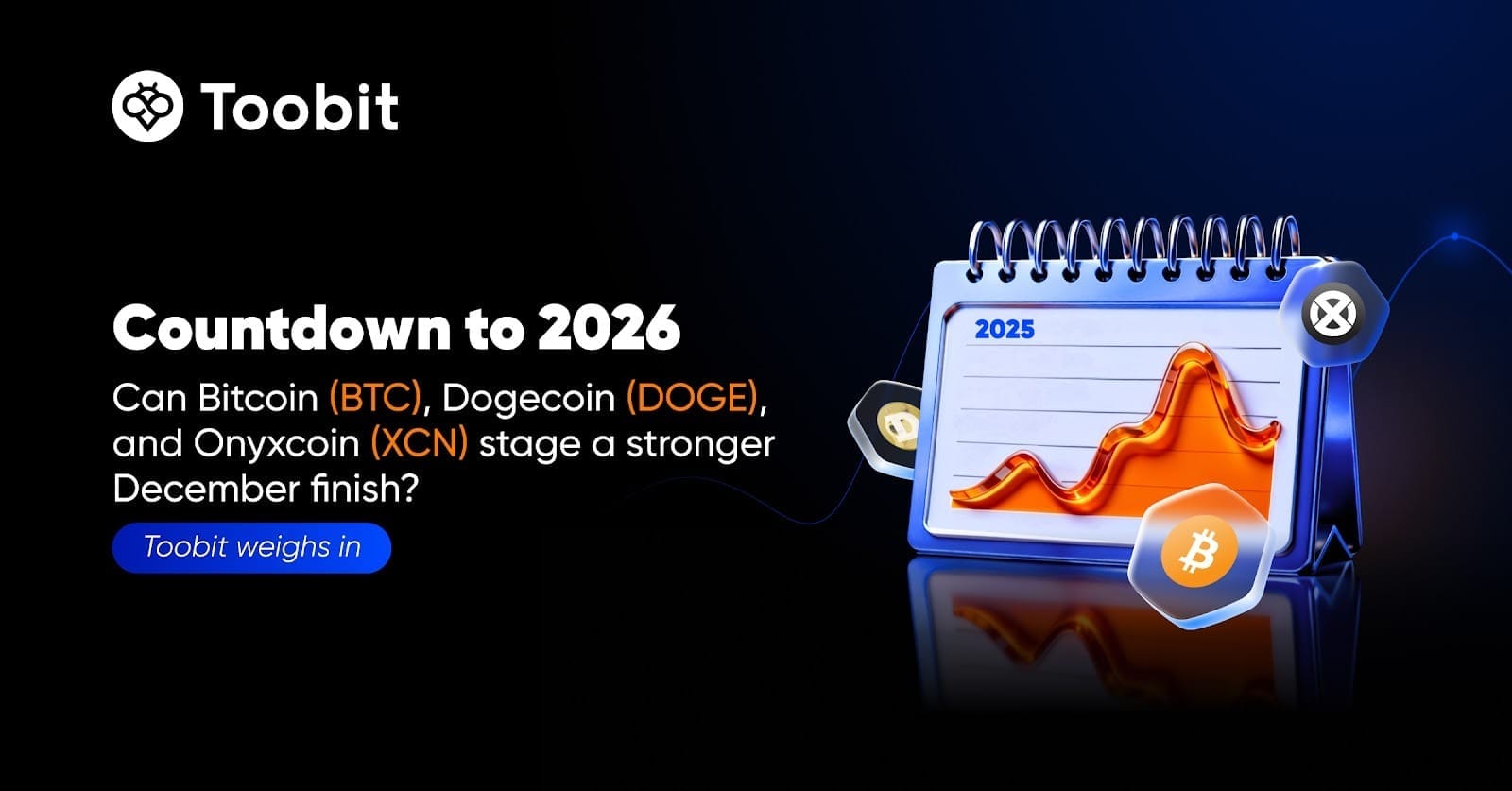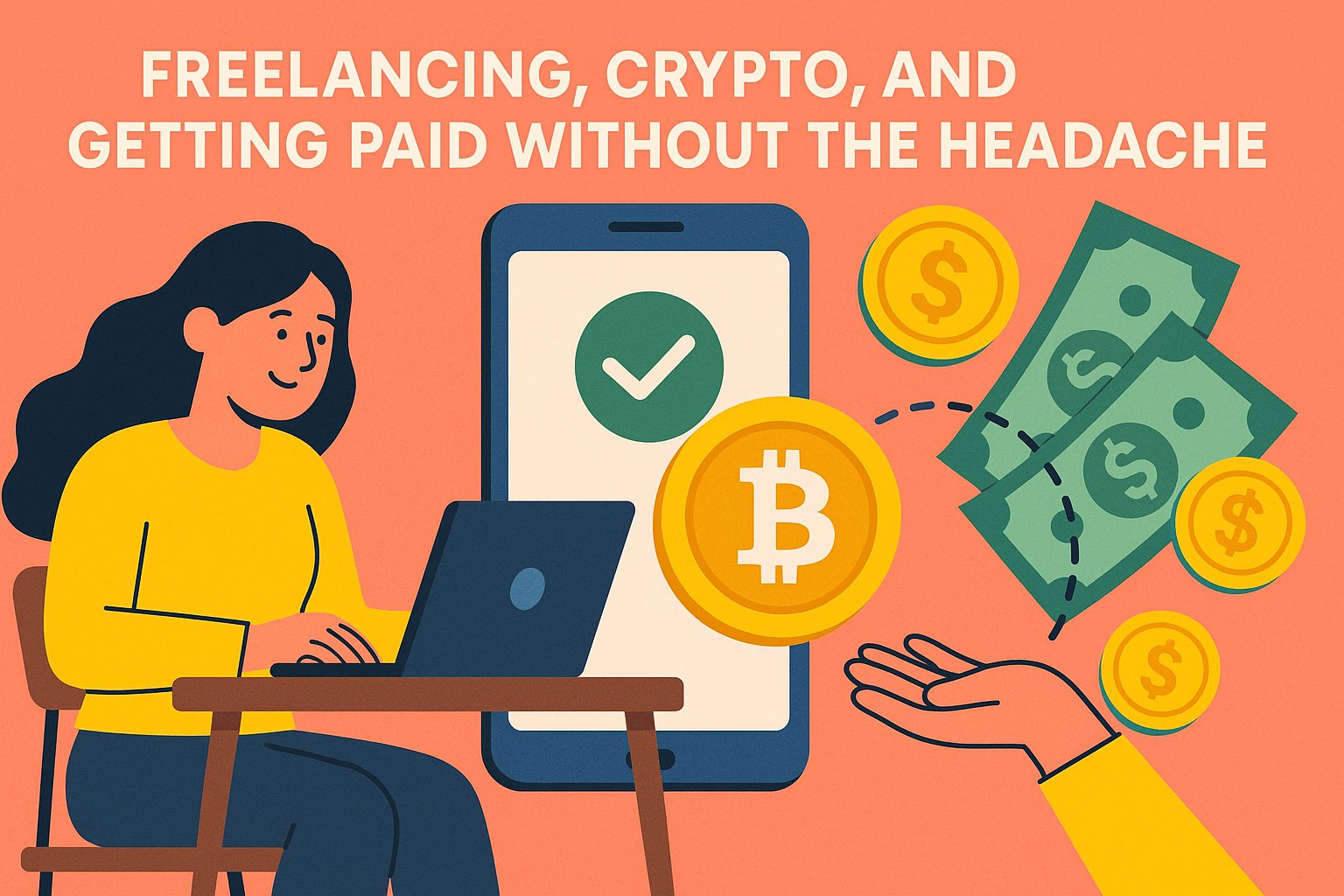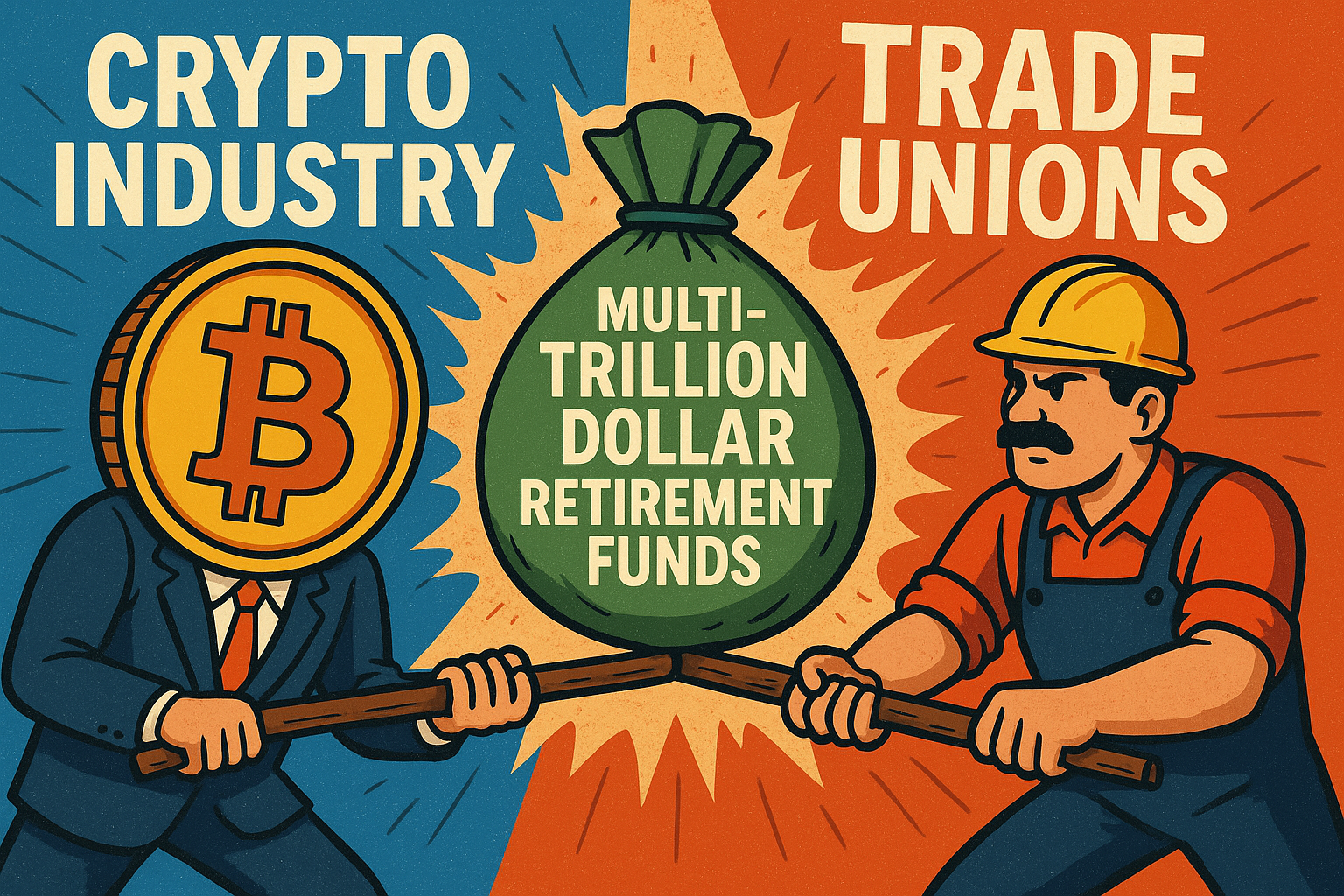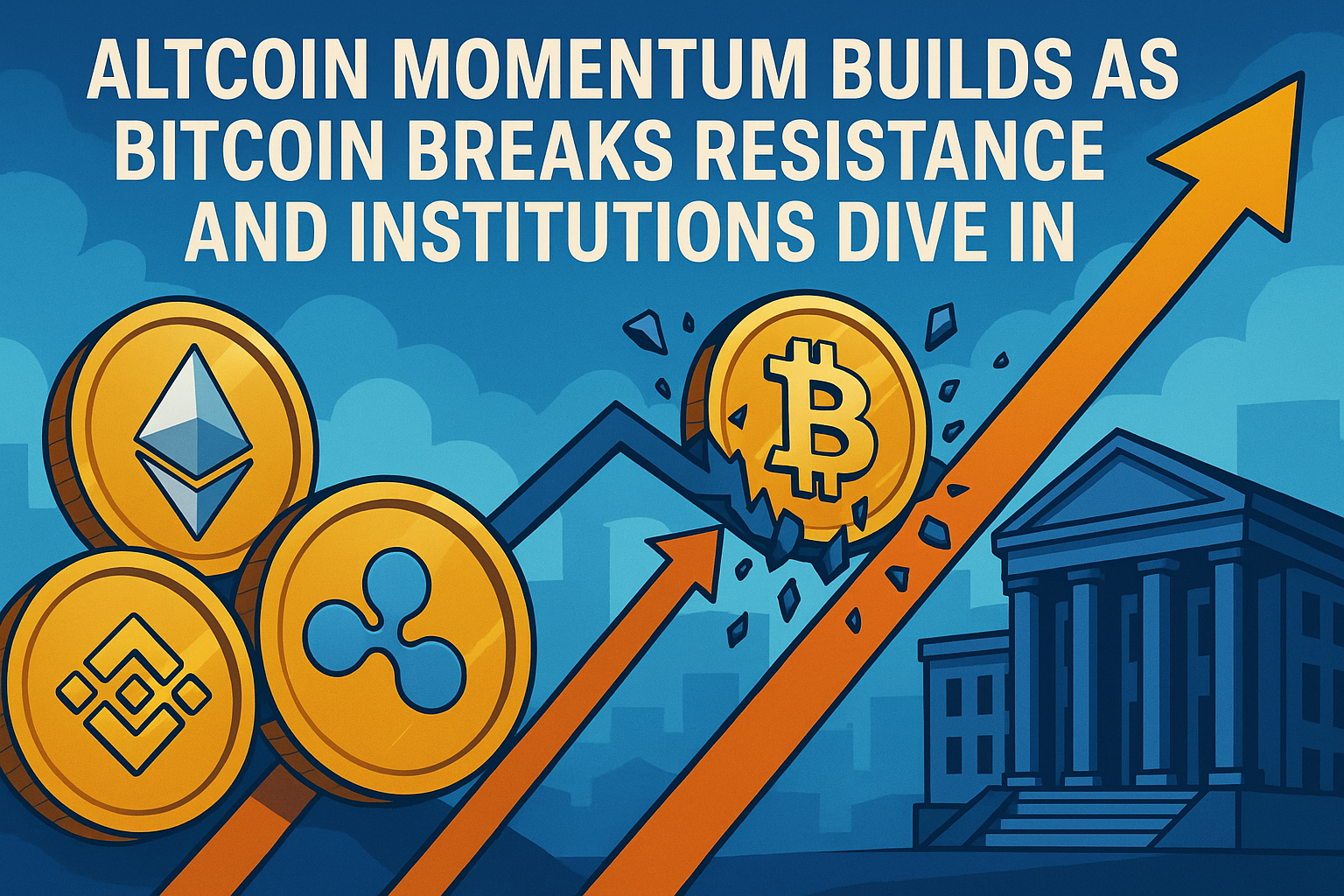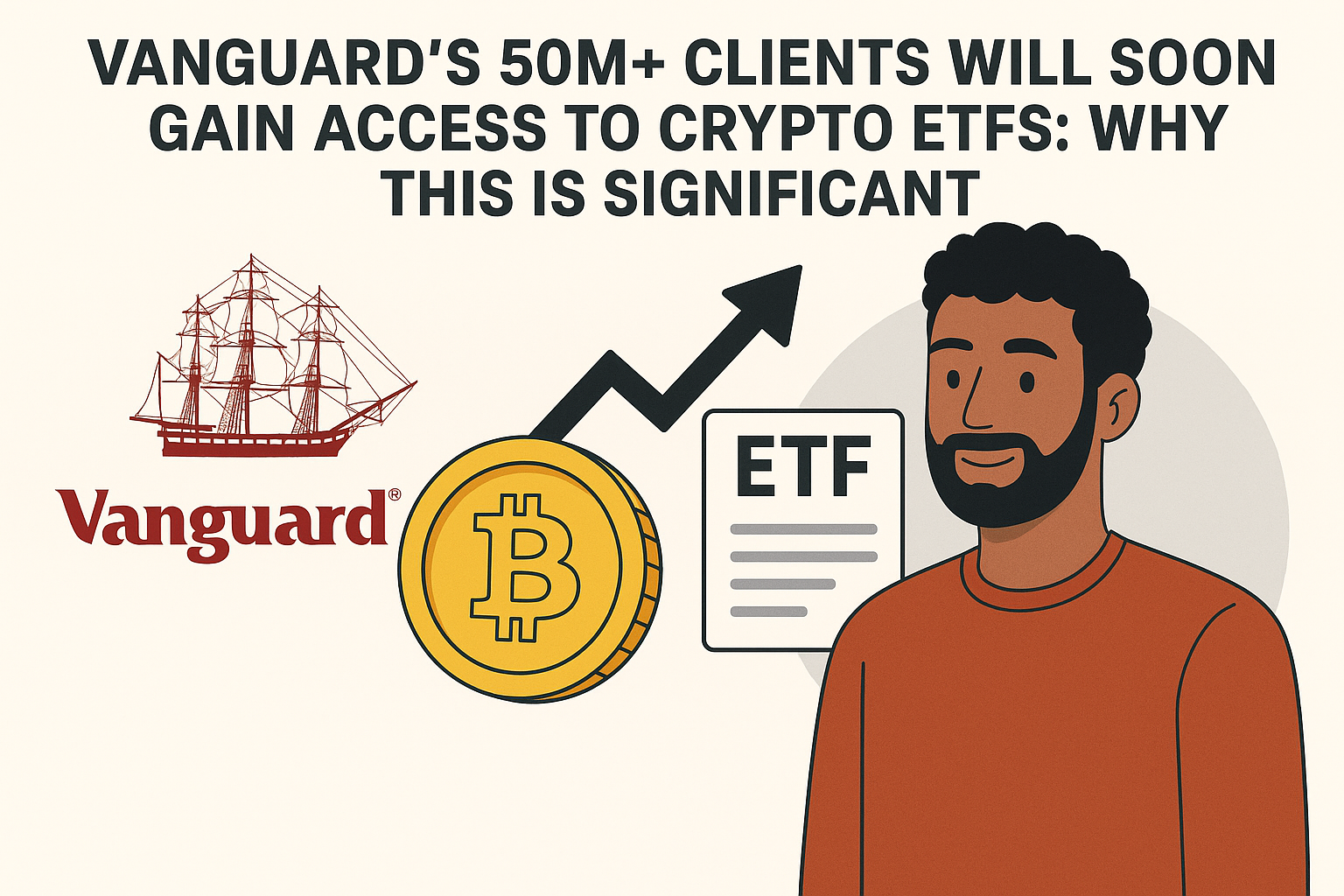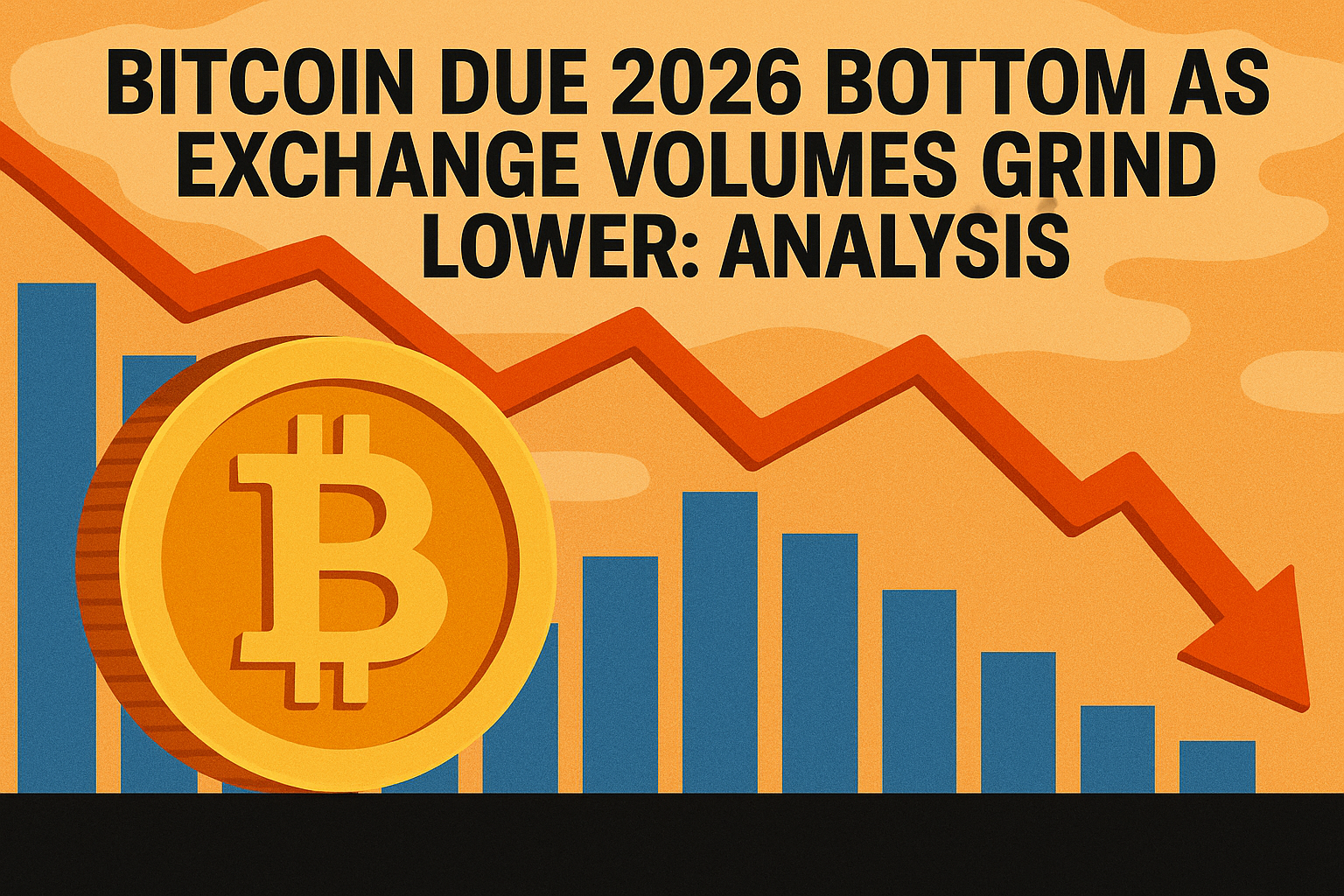Table of Contents
Whether it is someone with a passing interest in it, perhaps dabbling in the markets with a small investment or two, or one who has a more major investment or commercial stake, far more people are now taking an interest in the way cryptocurrencies have become a part of the financial landscape than ever before.
I am sure there are a few people in the world who still have no knowledge or interest in the concept, but there is also an increasing number of people who are adopting this digital payment method. Even governments are discussing their own, central-bank-controlled, digital currencies: such is the growth of cryptocurrencies around the world.
From those with a casual interest to those who use cryptocurrencies as their main payment method, it is fair to say that in the wider world of finance, cryptocurrencies matter more than ever.
This is reflected, at least in one way, in how many companies, operations, and sites now accept this as a form of payment alongside other traditional forms of transactional currencies and methods. Think about it: people are buying real estate, gift cards, cars, online products and services, using it for digital entertainment subscriptions, and more.
My point is, not only do cryptocurrencies matter on trading floors, but they are now impacting wider financial operations. Cryptocurrencies have also become increasingly impactful and popular due to their lack of a requirement for central agencies or bank control.
For traders and consumers who value online purchasing privacy, for example, cryptocurrencies are invaluable. As more and more people use cryptocurrency for online buying, selling, and general exchanging of digital assets, the ever-strengthening power of blockchain also provides security to accompany that privacy. With all this said, let’s dig further into why cryptocurrencies matter, and how they are growing more influential in the fiscal and commercial worlds.
Strong Statistics Show Sizeable Support For Cryptocurrency Expansions
When making a case for the importance and impact of cryptocurrencies, it is crucial to take a look at some significant statistics. It’s thought that at the moment, there are around 560 million cryptocurrency users - an astonishing number and a huge increase from the first purchase.
It is these kinds of statistics that showcase the fact that cryptocurrencies are now not only more widely used in mainstream terms but more valuable in terms of the trading markets too. With so many online platforms now offering cryptocurrency investment advice, the entire world of this digital currency is now becoming more accessible to more people, not just those in the financial world or markets in a professional sense. Overall, the effect of all this is a more global acceptance of cryptocurrencies and, therefore, a greater importance for this form of payment.
Beyond this, cryptocurrencies are expanding in terms of how many there are, in turn, creating a competitive marketplace that further encourages the growth of digital currencies. Take a look at the range of cryptocurrencies now available and you will see what I mean.
From Bitcoin to Ethereum, Solana to USD Coin, and many others, it is also how, where, and in what industries they can now be used, as well as the options for consumers and investors. This is great for the sector and is creating a wider interest, especially as digital transactions are now part of the daily lives of billions around the world.
It’s also causing industries like the casino industry to expand and specialize by creating their own tokens (as well as accepting existing tokens, of course). You might never have thought about using crypto at a casino, but this is now a huge movement that many people are engaging with.
One particularly interesting development in this space is the emergence of Ripple (XRP) as a preferred payment method for some online casinos. Ripple, originally designed for fast and low-cost international money transfers, has found an unexpected niche in the online gambling world. The "online casino ripple" phenomenon refers to platforms that primarily or exclusively use XRP for transactions, opening a new world of possibilities to both players and operators.
After all, Ripple's low transaction fees make it cost-effective for both small and large transactions, potentially allowing casinos to offer better odds or bonuses to players. And as the online gambling industry continues to evolve, we'll likely see further innovations at the intersection of cryptocurrency and gaming, which will apply to crypto assets like Ripple, Bitcoin, Ethereum, and others.
Financial Markets Evolving Beyond Traditional Payment Methods
Many years ago, the phrase “cash is king” was somewhat unchallengeable. Things are different now, of course. Naturally, cash is still a valuable currency around the world, in its many forms, but the way we pay for things has altered beyond recognition. Since the emergence of debit cards, we have now become used to contactless payments in person, and buying products and services online with digitally driven transactions. Some places, especially since the global pandemic of 2020, have even stopped accepting cash, something I recently encountered at a sports stadium.
When it comes to cryptocurrencies, it is not surprising that they are seeing some benefit from the global march toward digital payment domination as cash payments decrease. One look at the global market forecasts for digital payments shows both the volume as well as the increase that is predicted. It follows that any and all forms of digital payments will increase, and that includes the many places that will continue to integrate cryptocurrencies into their list of accepted currencies.
As financial markets evolve, consumer behavior related to digital payments changes, and more commerce is done using online payments, cryptocurrencies are becoming a more major player in the world of global finance and business. Whether it is for investing or buying, this is something that now matters more than ever.

